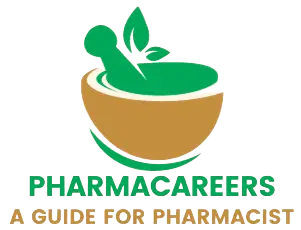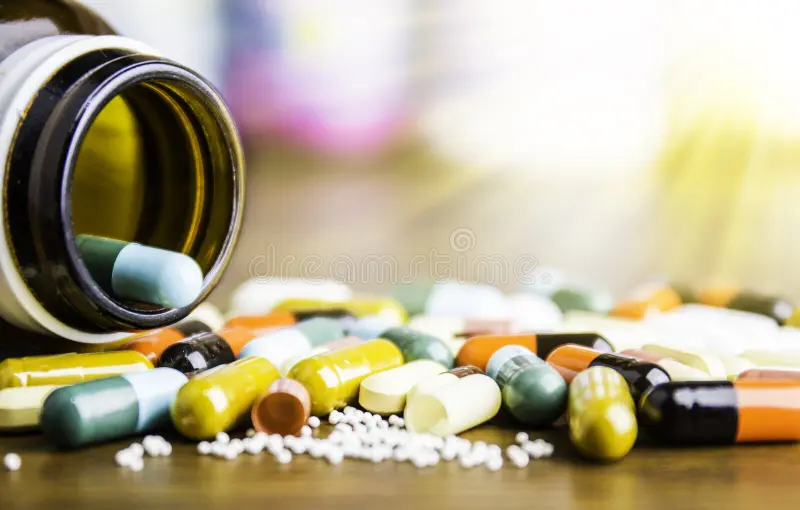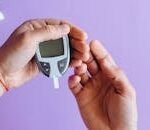Pharmacy Practice MCQ, in this article we will solve, Practice MCQ under subject Physical Pharmaceutics. Read following article for your reference.
HLB Scale, Solubilization And Detergency » PHARMACAREERS
- Who developed the HLB scale?
- A) William C. Griffin
- B) Davies
- C) Ankur Choudhary
- D) None of the above
- What does HLB stand for?
- A) Hydrophilic-Lipophilic Balance
- B) Hydrophobic-Lipophilic Balance
- C) Hydrophilic-Lipophobic Balance
- D) Hydrophobic-Lipophobic Balance
- What is the typical range of the HLB scale?
- A) 0 to 10
- B) 0 to 20
- C) 0 to 30
- D) 0 to 40
- What does a low HLB value (1-6) indicate?
- A) Hydrophilic surfactants
- B) Lipophilic surfactants
- C) Amphiphilic surfactants
- D) None of the above
- Which method did Davies propose for calculating HLB values?
- A) Based on molecular structure
- B) Based on chemical groups within the molecule
- C) Based on molecular weight
- D) Based on solubility
- What is the formula for calculating HLB using Griffin’s method?
- A) HLB = (20Mh)/M
- B) HLB = (20M)/Mh
- C) HLB = (Mh)/20M
- D) HLB = (M)/20Mh
- What does solubilization enhance?
- A) Solubility of poorly soluble compounds
- B) Detergency
- C) Emulsification
- D) None of the above
- What is detergency primarily concerned with?
- A) Removing dirt and oil from surfaces
- B) Enhancing solubility
- C) Stabilizing emulsions
- D) None of the above
- What does a high HLB value (14-20) indicate?
- A) Hydrophilic surfactants
- B) Lipophilic surfactants
- C) Amphiphilic surfactants
- D) None of the above
- Which of the following is a key application of solubilization?
- A) Improving drug efficacy
- B) Removing dirt
- C) Emulsifying oils
- D) Suspending dirt particles
- What is the primary function of surfactants in detergency?
- A) Emulsifying oils
- B) Suspending dirt particles
- C) Both A and B
- D) None of the above
- What does the hydrophilic group of a surfactant interact with?
- A) Oil
- B) Water
- C) Both A and B
- D) None of the above
- What does the lipophilic group of a surfactant interact with?
- A) Oil
- B) Water
- C) Both A and B
- D) None of the above
- What is the significance of mastering the HLB scale?
- A) Creating safe and effective products
- B) Enhancing solubility
- C) Improving detergency
- D) All of the above
- What is the HLB value range for surfactants with both hydrophilic and lipophilic characteristics?
- A) 1-6
- B) 7-13
- C) 14-20
- D) None of the above
- What is the primary use of the HLB scale in the pharmaceutical industry?
- A) Formulating surfactants and emulsifiers
- B) Enhancing solubility
- C) Improving detergency
- D) None of the above
- What does a surfactant with an HLB value of 10 indicate?
- A) Lipid-soluble
- B) Water-soluble
- C) Both A and B
- D) None of the above
- What is the effect of a surfactant with a high HLB value on emulsions?
- A) Forms oil-in-water (O/W) emulsions
- B) Forms water-in-oil (W/O) emulsions
- C) Both A and B
- D) None of the above
- What is the primary characteristic of a surfactant with a low HLB value?
- A) More hydrophilic
- B) More lipophilic
- C) Both A and B
- D) None of the above
- What is the role of surfactants in pharmaceutical formulations?
- A) Enhancing solubility
- B) Improving detergency
- C) Stabilizing emulsions
- D) All of the above
- What is the primary benefit of solubilization in pharmaceuticals?
- A) Improving drug bioavailability
- B) Enhancing detergency
- C) Stabilizing emulsions
- D) None of the above
- What is the significance of the hydrophilic-lipophilic balance in surfactants?
- A) Determines the solubility of the surfactant
- B) Influences the effectiveness of emulsification
- C) Both A and B
- D) None of the above
- What is the primary application of detergency in pharmaceuticals?
- A) Removing dirt and oil from surfaces
- B) Enhancing solubility
- C) Stabilizing emulsions
- D) None of the above
- What does the HLB value of a surfactant determine?
- A) Its hydrophilic and lipophilic balance
- B) Its solubility
- C) Its effectiveness in detergency
- D) All of the above
- What is the primary function of the lipophilic tail in a surfactant molecule?
- A) Interacts with oil
- B) Interacts with water
- C) Both A and B
- D) None of the above
- What is the primary function of the hydrophilic head in a surfactant molecule?
- A) Interacts with oil
- B) Interacts with water
- C) Both A and B
- D) None of the above
- What is the primary benefit of using surfactants in detergency?
- A) Emulsifying oils
- B) Suspending dirt particles
- C) Both A and B
- D) None of the above
- What is the primary characteristic of a surfactant with a high HLB value?
- A) More hydrophilic
- B) More lipophilic
- C) Both A and B
- D) None of the above
- What is the primary application of the HLB scale in cosmetics?
- A) Formulating surfactants and emulsifiers
- B) Enhancing solubility
- C) Improving detergency
- D) None of the above
- What is the primary benefit of mastering the HLB scale for formulators?
- A) Creating safe and effective products
- B) Enhancing solubility
- C) Improving detergency
- D) All of the above
For more regular updates you can visit our social media accounts,
Instagram: Follow us
Facebook: Follow us
WhatsApp: Join us
Telegram: Join us






One response to “Pharmacy Practice MCQ- HLB Scale”
[…] For practice MCQ on this article, click here. […]